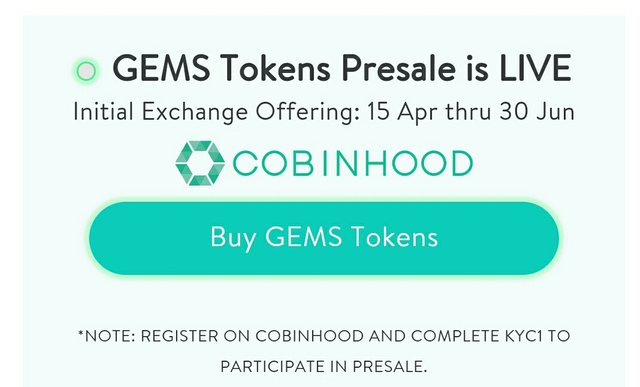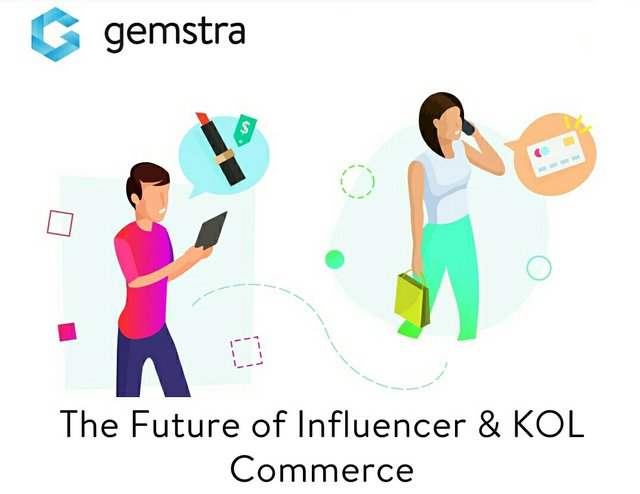
Social selling is a direct form of selling which has been in existence since 20th century, it is a multi billion dollar industry with 10% annual growth. Examples of companies using this business model are Amway, Forever Living Products, AIM GLOBAL and many others.
This selling model gives the role of selling and marketing to influencers, loyalists and entrepreneurs who believe and passionate about the brand and the company redistribute consumers profit to the people who are actually use the products or services and generate equity for the brands that engaged it. The rise of the social media and the expansion of the gig economy have created explosive growth of social selling form doing business.
With social selling, customers always have the seller in mind when they are ready to buy the product he or she is socially promoting. It is about using target actions to drive sales which include using using word of mouth and social media engagement. As a social seller, building relationship with customers is very crictical in this form of selling and this relationship can either be build online by using social media or offline through the words of mouth. It entails you sharing useful content to the targeted audience through social listening, personal branding and direct interactions with potential buyers.
As I have mentioned before, social selling is not new but what makes it more effective this day is social networks that enhance social interactions and even with social networks, there are some issues this multi billion dollars industry that the project that am sharing with my readers aim to solve with blockchain technology.
High barriers makes it very difficult for new merchants to join the industry resulting to a market limited to few handful giants and this make sellers end up with few choices. Incumbent merchant offerings are often inefficient and overpriced. This makes it difficult for sellers to combat competitive offerings in broader retail. Incumbents hold their sellers captives by making it difficult, if not impossible to transfer customer data, trasaction data and geneology(network) data. Sellers risk losing income they worked hard to earn should they seek mobility.
WHAT IS GEMSTRA?
Gemstra is a blockchain-integrated ecosystem for the social selling economy. Gemstra BOUTIQUES is the platform flagship marketplace that connects Brands and Sellers in social selling.

Gemstra aim to revolutionize this industry by creating a decentralized blockchain-integrated ecosystem which liberates today's social selling economy, with the goal of building a technological protocol for social selling that opens the industry to everyone in retail.
Gemstra mission is to make social selling accessible and awesome for everyone. The Gemstra ecosystem will establish a commonwealth for social selling by providing a technology that fairly distributes power to the appropriate actors of the business model.
Gemstra boutique marketplace was created in 2017, this marketplace is a platform where retailers can create their stores and sellers choose what they have interest in selling and about 3000 sellers and 8 brands have already registered on the marketplace.
The success of BOUTIQUES led them to build ASTRA - a blockchain platform to serve as technology infrastructure for retail merchants to join the social selling economy. Gemstra will make the BOUTIQUES marketplace software open source and create the Gemstra SDK so any merchant (retailer) can easily add a social selling channel to their business.
GEMSTRA UTILITY TOKEN(GEMS)
The Gemstra Token (GEMS) is the default value of exchange in Gemstra’s ecosystem. It is an ERC20 compliance token on Ethereum blockchain. GEMS can be used for any transaction in lieu of fiat on ASTRA Platform. The GEMS token facilitates reduced friction, gamification, and governance for the ASTRA Platform.
TOKEN ECONOMICS
NAME: GEMSTRA
SYMBOL: GEM
NETWORK: ERC-20 COMPATIBLE
TOTAL SUPPLY: 16,000,000,000 GEM
TOKEN PRICE: $0.01
EXCHANGE RATE (TOKEN/USD): 100
TOKENS FOR SALE: 6,400,000,000 (40%) GEM

TOKEN ALLOCATION
FOUNDERS' POOL 20%
ADVISORS' POOL: 10% (ADVISORS/PARTNERS/BOUNTY)
GROWTH POOL: 30% (DISTRIBUTION/COMMISSION/REWARDS)
SALE POOL: 40% (PRIVATE/PUBLIC/TOKENSALE)
USE OF FUNDS
LEGAL: 5%
MISC: 5%
RESERVE: 12%
OPERATIONAL EXPENSES: 18%
SOFTWARE DEVELOPMENT: 22%
MARKETING & BUSINESS DEVELOPMENT: 38%
.jpeg)
.png)
For more information, check the links below:
Website: https://gemstra.com
Whitepaper: https://docsend.com/view/xvyqq7a
Telegram: https://t.me/gemstra
Bountyox username: eni198881